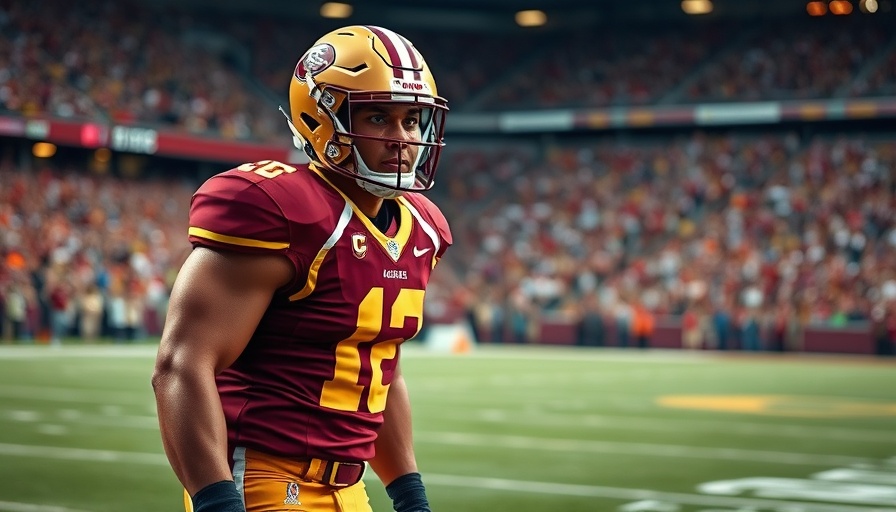
Debunking the Myth: Misinformation on Missing Persons
In recent weeks, alarming claims have surfaced across social media platforms asserting that Washington D.C. is facing an unprecedented surge in cases of missing women. Posts alleging that upwards of 80 individuals vanished within mere days have sparked panic and concern. However, D.C. police and advocates for the missing argue that these assertions are not just exaggerated; they are profoundly misleading.
Understanding the Reality: The Numbers Behind Missing Persons
Henderson Long, CEO of D.C.'s Missing Voice, Inc., has been on the front lines, working to support families dealing with the trauma of missing loved ones. Long stressed that many of the viral posts either misrepresent the situation or reference people who have been found long ago. "When you say 80 girls have gone missing and claim 90 people have missing in one day, that’s a lie," he emphasized, reflecting on the damage that such misinformation can cause.
D.C. police have also weighed in, reporting that in the year 2024, 99% of missing persons cases were successfully closed. The department manages approximately five critical missing person cases each day, which is a far more nuanced picture than the chaotic narratives gaining traction online.
Consequence of Misinformation: A Threat to Real Cases
False information not only incites unnecessary fear but also detracts from genuine cases that need immediate attention. Long highlighted that misinformation can lead the community to overlook those who are genuinely in need of help. Helping real victims often gets overshadowed by the sensationalism surrounding unverified claims.
Social Media: A Double-Edged Sword
With the rapid sharing capability of social media, the spread of false information can be instantaneous. While platforms provide a space for advocacy, they also present challenges, particularly when messages go viral without verification. Long notes that some individuals share these posts tagging celebrities and influencers without confirming the details first. This can complicate matters as high-profile reactions often amplify misinformation, leading to widespread panic.
Best Practices for Sharing Information
In an age where the line between fact and fiction can often blur, it's crucial for social media users to be vigilant. Long advocates for individuals to verify information before sharing. "A quick search on a police department's site or their social media can confirm the post's legitimacy,” he advises. By doing so, users can ensure that they are supporting the cause correctly and not contributing to the spread of misinformation.
Additionally, when missing individuals are located, it's important to update or remove the posts that initially circulated. This not only protects the privacy and safety of those involved but also clears the narrative for the community.
Why Accurate Information Matters
Understanding and sharing verified information about missing persons isn't just a community responsibility; it's essential for effective advocacy. Accurate awareness helps direct resources efficiently to real cases. Moreover, Long champions a community-focused approach: “If you see a missing person post, don’t just reshare; look for updates and make sure the situation is resolved before spreading the word further.”
Misinformation’s Broader Impact: The Public’s Trust
The proliferation of false narratives can ultimately lead to a breakdown of trust in the very systems designed to assist those in need. When people constantly receive inaccurate news about missing individuals, they may start to doubt the efficacy of local authorities or the validity of genuine cases. Both D.C. police and advocacy groups work tirelessly to maintain trust with the community, and playing into misinformation damages that vital bond.
As we continue navigating an era defined by digital communication, it's imperative for each of us to contribute positively and responsibly to the conversation around missing persons. By fostering an environment built on trust and verified information, we can work collectively towards a safer community.
For those interested in amplifying factual narratives and truly impacting the missing persons issue, ensuring clarity in communication is essential. Book Your Brand Voice Interview Now!
 Add Row
Add Row  Add
Add 




Write A Comment